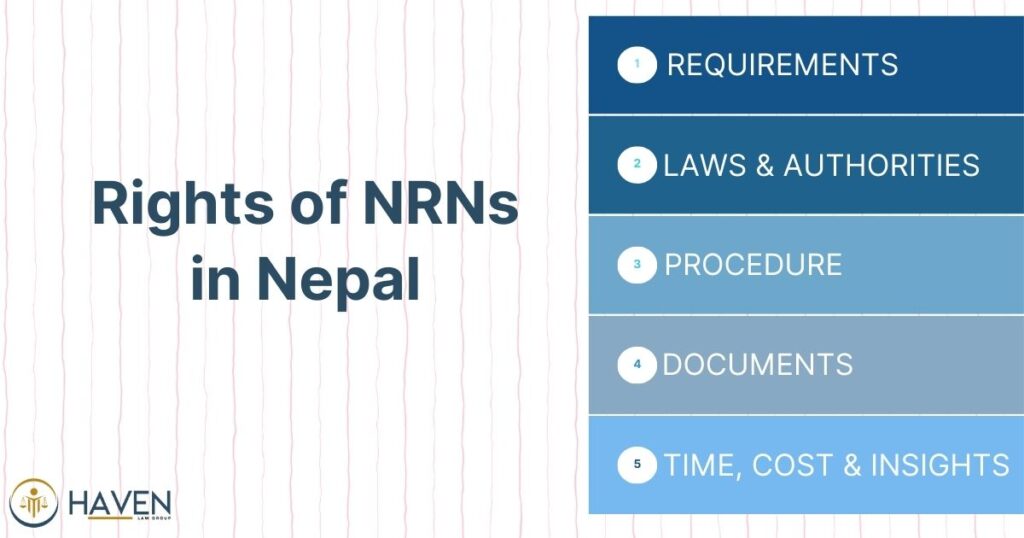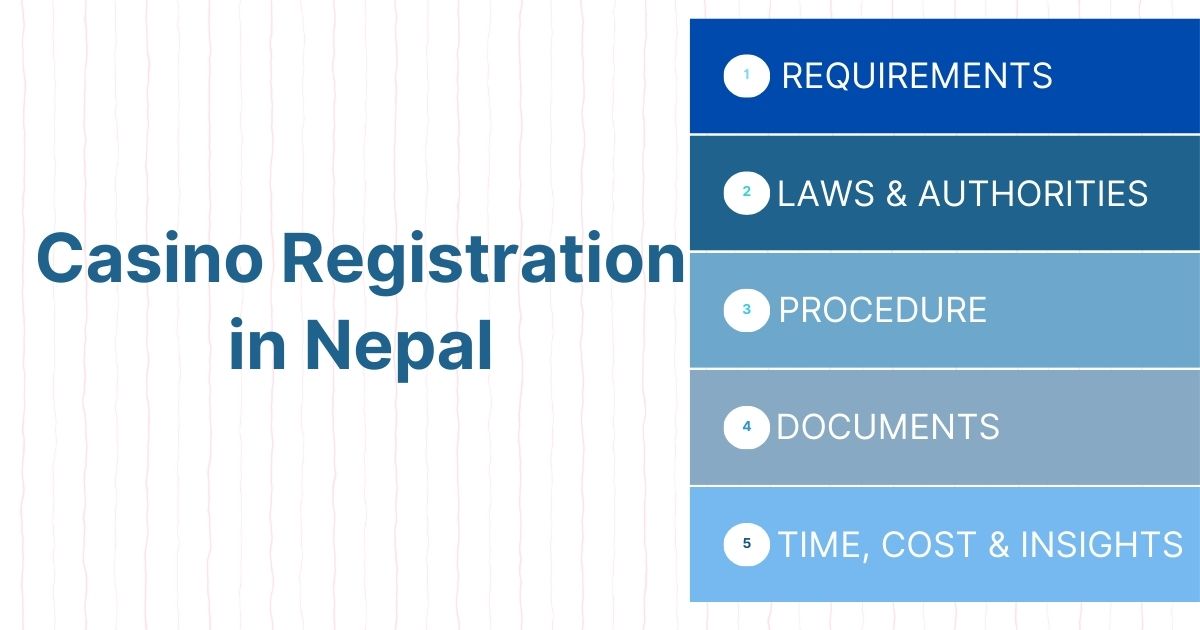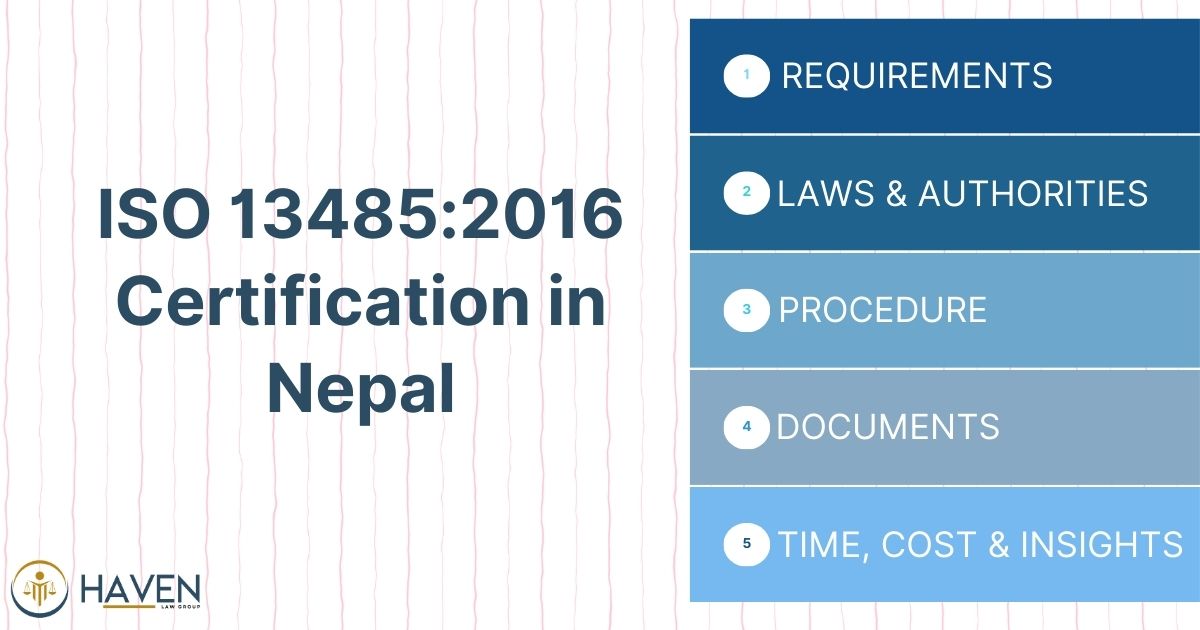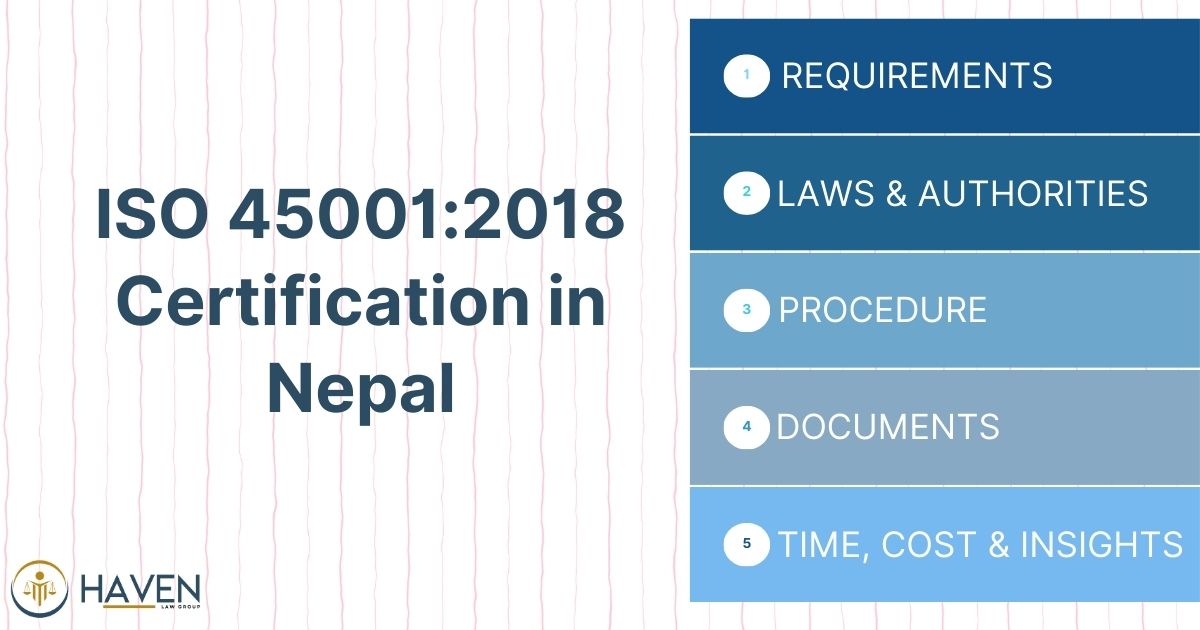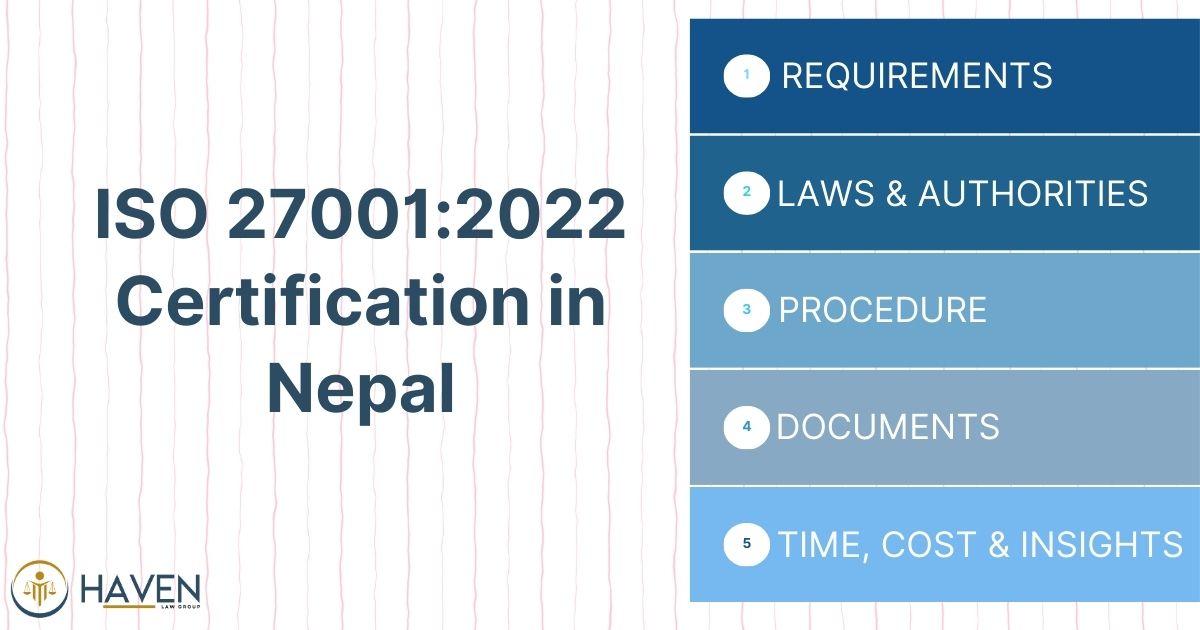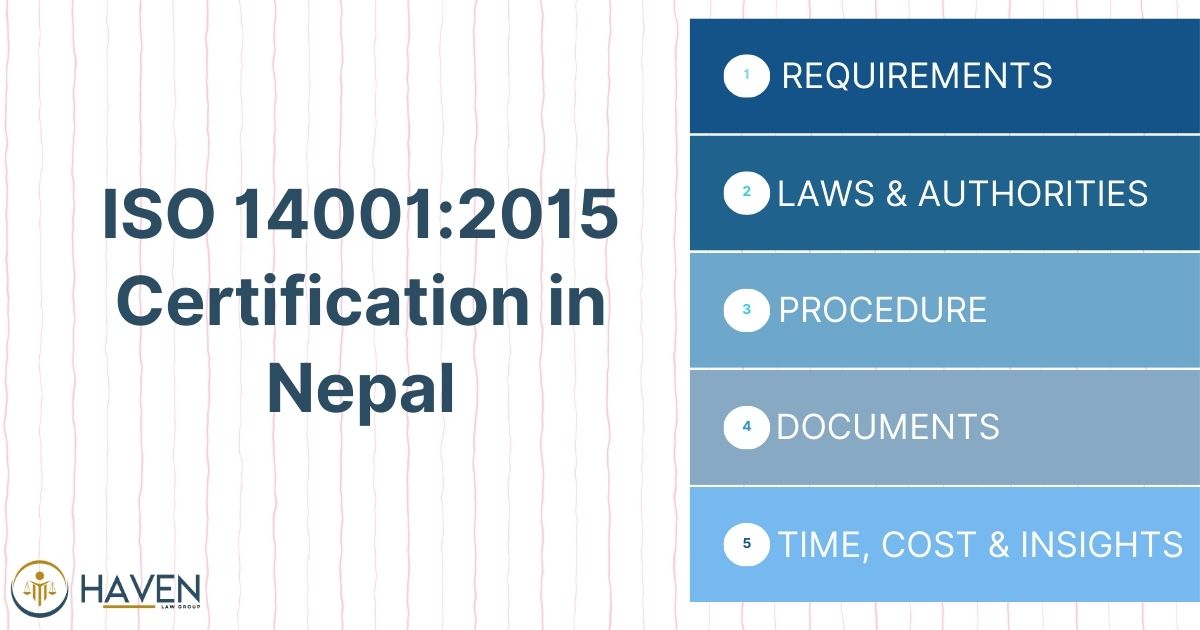What are the legal rights of NRNs in Nepal?
Non-Resident Nepalis (NRNs) possess specific legal rights in Nepal, as outlined in the Non-Resident Nepali Act, 2064 (2008). These rights encompass various aspects of economic, social, and cultural participation in the country. NRNs are entitled to acquire, own, sell, and transfer movable and immovable property in Nepal, subject to certain conditions.
They can engage in economic activities, including investment and business operations, within the framework of Nepali laws. NRNs also have the right to maintain their cultural ties with Nepal and participate in cultural events. However, it’s essential to note that these rights are not equivalent to those of Nepali citizens, particularly in areas such as political participation and certain government positions. The Non-Resident Nepali Act provides a legal framework for NRNs to contribute to Nepal’s development while maintaining their connections to their ancestral homeland.
Can NRNs own property in Nepal?
Yes, Non-Resident Nepalis (NRNs) can own property in Nepal. The Non-Resident Nepali Act, 2064 (2008) explicitly grants NRNs the right to acquire, own, sell, and transfer both movable and immovable property in Nepal. This provision allows NRNs to invest in real estate, including residential and commercial properties. However, there are certain restrictions and conditions that apply to property ownership by NRNs.
For instance, there may be limitations on the total land area that can be owned, particularly in certain regions or for specific purposes. NRNs must also comply with local zoning laws and regulations when purchasing property. It’s advisable for NRNs to consult with legal experts or real estate professionals familiar with Nepali property laws to ensure compliance with all relevant regulations and to navigate the property acquisition process effectively.
Are NRNs eligible for dual citizenship in Nepal?
Currently, Nepal does not recognize dual citizenship, and this applies to Non-Resident Nepalis (NRNs) as well. The Nepali Citizenship Act, 2063 (2006) does not provide for dual citizenship. NRNs who have acquired citizenship of another country are not eligible to hold Nepali citizenship simultaneously. However, the government of Nepal has introduced the concept of Non-Resident Nepali citizenship, which is different from full citizenship.
This NRN citizenship provides certain rights and privileges to NRNs, allowing them to maintain connections with Nepal without full citizenship status. It’s important to note that NRN citizenship does not grant political rights such as voting or holding public office. The issue of dual citizenship for NRNs has been a topic of ongoing discussion in Nepal, with some advocating for changes to the current policy, but as of now, dual citizenship remains unavailable.
Can NRNs invest in Nepal?
Non-Resident Nepalis (NRNs) are indeed permitted and encouraged to invest in Nepal. The Foreign Investment and Technology Transfer Act, 2075 (2019) provides a legal framework for foreign investment, including investments by NRNs. NRNs can invest in various sectors of the Nepali economy, including manufacturing, services, tourism, and infrastructure development. The government of Nepal has implemented policies to attract NRN investments, recognizing their potential contribution to the country’s economic growth.
NRNs can invest through various mechanisms, such as foreign direct investment (FDI), portfolio investment, and joint ventures with local partners. However, certain sectors may have restrictions or require specific approvals for foreign investment. NRNs interested in investing in Nepal should consult the Department of Industry and the Nepal Investment Board for up-to-date information on investment policies, procedures, and opportunities in different sectors.
Do NRNs have voting rights in Nepal?
Non-Resident Nepalis (NRNs) do not have voting rights in Nepal. The right to vote in Nepali elections is reserved for Nepali citizens residing within the country. The Election Commission Act, 2073 (2017) and related electoral laws stipulate that only Nepali citizens who are registered voters and present in the country during elections can exercise their voting rights. NRNs who have acquired citizenship of another country and no longer hold Nepali citizenship are not eligible to vote in Nepali elections.
Even NRNs with NRN citizenship status do not have voting rights, as this status does not confer political rights. The issue of voting rights for NRNs has been a subject of debate in Nepal, with some advocating for the inclusion of NRNs in the electoral process. However, as of now, the legal framework does not provide for NRN participation in elections through voting.
Can NRNs claim ancestral property in Nepal?
Non-Resident Nepalis (NRNs) can claim ancestral property in Nepal, subject to certain conditions and legal procedures. The Muluki Civil Code, 2074 (2017) governs property inheritance in Nepal, including for NRNs. NRNs have the right to inherit ancestral property as per Nepali law, provided they can establish their legal claim and relationship to the property.
However, the process of claiming ancestral property can be complex, especially for NRNs who may have been absent from Nepal for extended periods. It often involves providing documentation to prove lineage and inheritance rights, which may include birth certificates, citizenship documents, and family relationship records. NRNs may need to navigate legal procedures in Nepal, potentially requiring the assistance of legal professionals familiar with Nepali property and inheritance laws. It’s important for NRNs to be aware of any time limitations for claiming inheritance and to address any potential disputes with other claimants.
Are NRNs allowed to start businesses in Nepal?
Yes, Non-Resident Nepalis (NRNs) are allowed to start businesses in Nepal. The Industrial Enterprises Act, 2076 (2020) and the Foreign Investment and Technology Transfer Act, 2075 (2019) provide the legal framework for NRNs to establish and operate businesses in Nepal. NRNs can start various types of businesses, including sole proprietorships, partnerships, and companies. They can engage in sectors such as manufacturing, services, tourism, and information technology, among others. However, certain sectors may have restrictions or require specific approvals for foreign involvement.
NRNs must comply with the registration and licensing requirements set by the Department of Industry and other relevant government agencies. The process typically involves obtaining necessary permits, registering the business with the Company Registrar’s Office, and obtaining a Permanent Account Number (PAN) for tax purposes. NRNs are encouraged to seek professional advice to ensure compliance with all relevant laws and regulations when starting a business in Nepal.
Can NRNs sell or transfer property in Nepal?
Non-Resident Nepalis (NRNs) have the right to sell or transfer property in Nepal, as stipulated in the Non-Resident Nepali Act, 2064 (2008). This includes both movable and immovable property that NRNs have legally acquired in Nepal. The process of selling or transferring property follows the general procedures outlined in Nepali property laws, including the Land Revenue Act, 2034 (1978) and the Land Act, 2021 (1964). NRNs must comply with all legal requirements, such as obtaining necessary clearances from local authorities and paying applicable taxes and fees.
The transfer of property typically involves executing a sale deed or transfer deed, which must be registered with the Land Revenue Office. NRNs may need to provide additional documentation to prove their NRN status and property ownership. It’s advisable for NRNs to seek assistance from legal professionals or real estate experts familiar with Nepali property laws to ensure a smooth and legally compliant property transfer process.
Are NRNs subject to taxes in Nepal?
Non-Resident Nepalis (NRNs) are subject to certain taxes in Nepal, particularly concerning their economic activities and property ownership within the country. The Income Tax Act, 2058 (2002) and other tax laws govern the taxation of NRNs. NRNs are generally liable for income tax on income generated from sources within Nepal, such as rental income from properties, profits from businesses operated in Nepal, or capital gains from the sale of assets in Nepal.
The tax rates and regulations may differ for NRNs compared to resident Nepalis. Additionally, NRNs may be subject to property taxes on real estate owned in Nepal. It’s important to note that Nepal has double taxation avoidance agreements with several countries, which may affect the tax liability of NRNs. NRNs engaged in economic activities in Nepal should be aware of their tax obligations and may need to file tax returns with the Inland Revenue Department. Consulting with tax professionals familiar with Nepali tax laws is advisable for NRNs to ensure compliance with all relevant tax regulations.
Do NRNs need a lawyer for legal matters in Nepal?
While it’s not always mandatory, it is highly advisable for Non-Resident Nepalis (NRNs) to engage a lawyer for legal matters in Nepal. The legal system in Nepal can be complex, especially for those who are not familiar with local laws and procedures. A lawyer can provide valuable assistance in various legal matters, including property transactions, business operations, inheritance claims, and tax compliance. Legal professionals can help NRNs navigate the intricacies of Nepali laws, ensure compliance with regulatory requirements, and represent their interests in legal proceedings if necessary.
For instance, in property transactions, a lawyer can conduct due diligence, prepare and review legal documents, and facilitate the registration process. In business matters, legal counsel can assist with company formation, contract negotiations, and regulatory compliance. Given the potential language barriers and the nuances of Nepali legal system, having a competent lawyer can significantly streamline legal processes for NRNs and help avoid potential pitfalls.
Can NRNs apply for NRN ID cards in Nepal?
Yes, Non-Resident Nepalis (NRNs) can apply for NRN ID cards in Nepal. The Non-Resident Nepali Act, 2064 (2008) provides for the issuance of NRN ID cards to eligible individuals. These cards serve as official identification for NRNs and facilitate their engagement with various institutions in Nepal. To apply for an NRN ID card, applicants must provide proof of their Nepali origin and current foreign citizenship or residence.
The application process typically involves submitting documents such as a foreign passport, proof of Nepali ancestry, and other supporting documents to the Non-Resident Nepali Association (NRNA) or designated government offices. The NRN ID card offers certain benefits, including easier access to financial services, property transactions, and business operations in Nepal. However, it’s important to note that the NRN ID card does not confer citizenship rights and is distinct from Nepali citizenship. NRNs should check with the NRNA or Nepali embassies for the most current application procedures and requirements for obtaining an NRN ID card.
Are NRNs protected under Nepali law?
Non-Resident Nepalis (NRNs) are indeed protected under Nepali law, particularly through provisions outlined in the Non-Resident Nepali Act, 2064 (2008) and other relevant legislation. This legal framework ensures that NRNs have certain rights and protections while engaging in activities within Nepal. NRNs are entitled to legal protection for their property rights, business interests, and personal safety while in Nepal. They have access to the Nepali legal system to address grievances or disputes related to their activities in the country.
The law provides safeguards against discrimination based on NRN status in matters such as property ownership, business operations, and access to services. However, it’s important to note that the level of protection may differ from that afforded to Nepali citizens in some areas, particularly those related to political rights. NRNs should familiarize themselves with their rights and obligations under Nepali law and seek legal counsel when necessary to ensure their interests are adequately protected.
FAQs
1. Can NRNs vote?
No, Non-Resident Nepalis (NRNs) cannot vote in Nepali elections. Voting rights are reserved for Nepali citizens residing within the country and registered as voters.
2. Is dual citizenship allowed?
Nepal does not currently recognize dual citizenship. NRNs who have acquired foreign citizenship cannot simultaneously hold Nepali citizenship.
3. Are businesses permitted?
Yes, NRNs are permitted to start and operate businesses in Nepal, subject to compliance with relevant laws and regulations governing foreign investment and business operations.
4. Are taxes applicable?
NRNs are subject to taxes in Nepal on income generated from Nepali sources and on property owned in Nepal, as per the Income Tax Act and other tax laws.
5. Can NRNs inherit property?
Yes, NRNs can inherit ancestral property in Nepal, provided they can establish their legal claim and follow the necessary procedures outlined in Nepali inheritance laws.
What is the legal definition of a Non-Resident Nepali (NRN)?
A Non-Resident Nepali is a person of Nepali origin who has acquired foreign citizenship, excluding South Asian countries, or resides abroad for employment or business purposes.
Do NRNs have the right to own property in Nepal?
Yes, NRNs have the right to own property in Nepal, subject to certain restrictions and regulations set by the government.
Can NRNs invest in businesses or industries in Nepal?
NRNs can invest in various businesses and industries in Nepal, following guidelines established by the Nepal Rastra Bank and other relevant authorities.
Are NRNs allowed to open bank accounts in Nepal?
Yes, NRNs are permitted to open bank accounts in Nepal, including both local currency and foreign currency accounts, with proper documentation.
Do NRNs need a visa to enter Nepal?
NRNs holding foreign passports generally need a visa to enter Nepal, unless they are from countries with visa-free agreements.
Can NRNs buy land and house property in Nepal?
NRNs can purchase land and house property in Nepal, but there are limitations on the total area and number of properties they can own.
Are NRNs eligible for dual citizenship in Nepal?
Currently, Nepal does not offer dual citizenship. NRNs who have acquired foreign citizenship cannot hold Nepali citizenship simultaneously.
What documents are required to obtain NRN status?
To obtain NRN status, applicants typically need a valid foreign passport, proof of Nepali origin, and other supporting documents as required by the government.

